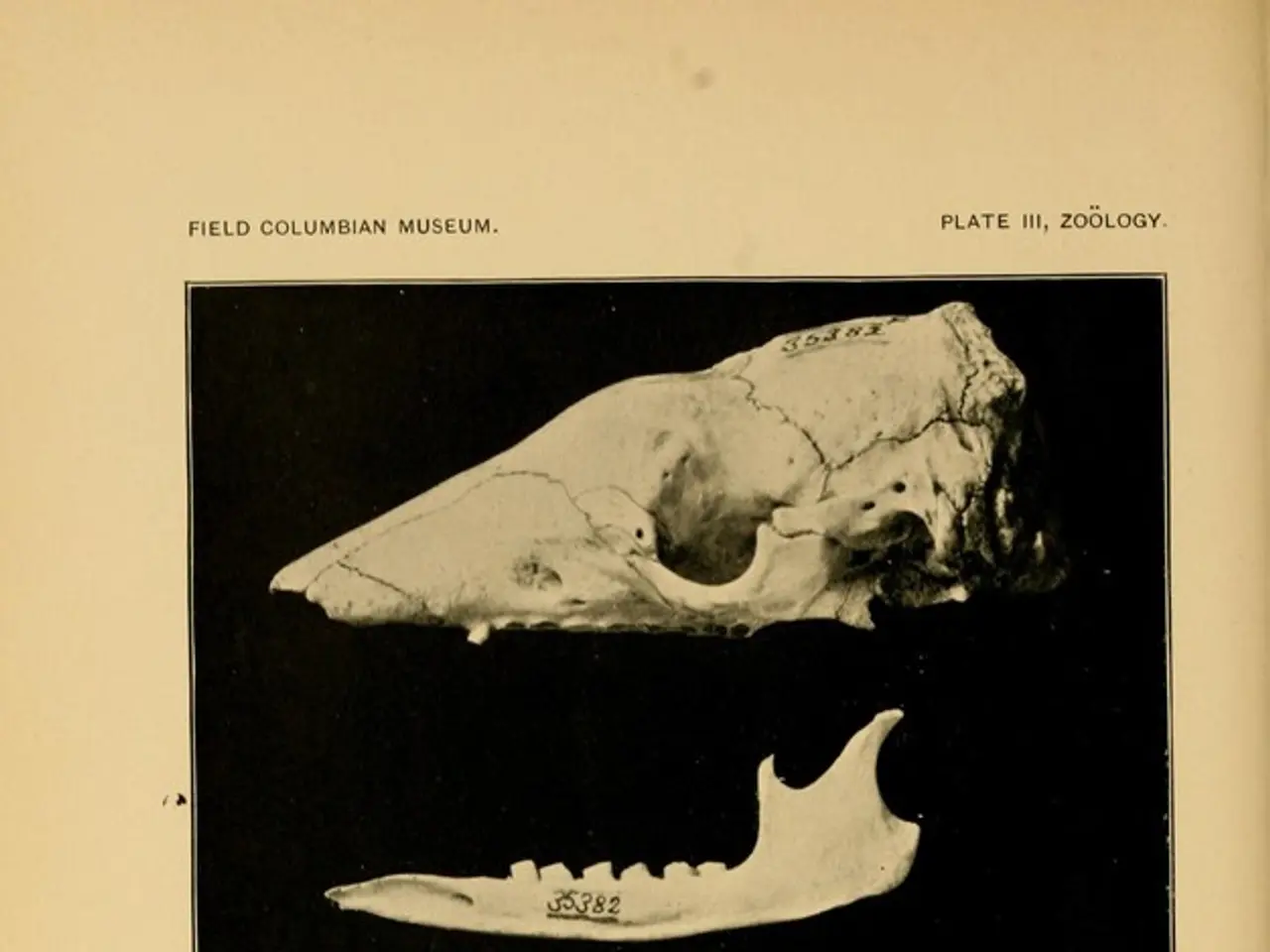Strategies for Strong Bones Health:
### Title: Boosting Bone Health: Key Factors and Strategies
Maintaining bone health is crucial for a healthy life, with several factors playing a significant role in its strength and density. From age and genetics to lifestyle choices and medications, understanding these factors is essential to improving bone health.
### Key Factors Affecting Bone Health
1. **Age:** Bone density typically peaks in early adulthood and gradually declines with age. This process is accelerated in older adults, particularly women after menopause, due to hormonal changes such as decreased estrogen levels.
2. **Genetics:** Genetic predisposition plays a significant role in bone density and susceptibility to osteoporosis.
3. **Body Size:** Smaller body frames tend to have less bone mass, increasing osteoporosis risk.
4. **Physical Activity:** Regular weight-bearing and muscle-strengthening exercises stimulate bone formation and slow bone loss. A sedentary lifestyle, on the other hand, negatively impacts bone health.
5. **Injuries:** Fractures and certain injuries can weaken bone structure and affect healing capacity.
6. **Nutrition and Diet:** Adequate intake of calcium and vitamin D is essential to maintain bone strength. Low calcium, vitamin D deficiency, low protein intake, and poor overall nutrition increase osteoporosis risk.
7. **Hormones:** Hormonal imbalances critically affect bone remodeling. Low estrogen in women (postmenopausal or due to amenorrhea), low testosterone in men, and elevated thyroid hormones can accelerate bone loss.
8. **Lifestyle Choices:** Smoking, excessive alcohol consumption, and chronic inactivity detrimentally affect bone health.
9. **Medications:** Long-term use of certain medications like glucocorticoids, proton pump inhibitors, antiepileptics, and some cancer treatments can increase bone loss.
10. **Medical Conditions:** Diseases such as diabetes, rheumatoid arthritis, gastrointestinal disorders, and endocrine disorders can impair bone quality and density.
### How to Improve Bone Health
1. **Optimize Nutrition:** Ensure sufficient calcium and vitamin D intake through diet or supplements. Maintain adequate protein consumption to support bone matrix formation. Avoid excessive dieting and malnutrition.
2. **Engage in Regular Exercise:** Perform weight-bearing exercises like walking, jogging, and resistance training to stimulate bone remodeling and strengthen muscles supporting bones.
3. **Manage Hormonal Health:** Address hormone imbalances through medical treatment if necessary (e.g., estrogen therapy post-menopause). Monitor and treat thyroid disorders and testosterone deficiency as appropriate.
4. **Avoid Risky Lifestyle Habits:** Quit smoking and reduce alcohol intake. Maintain an active lifestyle to prevent disuse osteoporosis.
5. **Review Medications:** Consult healthcare providers about bone-safe alternatives if medications known to reduce bone density are necessary.
6. **Regular Testing and Monitoring:** Bone density testing (e.g., DEXA scans) helps detect bone loss early. Monitor bone health in individuals with diabetes or other chronic conditions affecting bones.
7. **Prevent and Manage Injuries:** Use fall prevention strategies, especially in older adults. Treat fractures and bone injuries promptly to prevent long-term complications.
### Summary Table of Factors and Improvements
| Factor | Effect on Bone Health | Improvement Strategies | |----------------------|-----------------------------------------|----------------------------------------------------| | Age | Bone loss increases with age | Early prevention, lifestyle optimization | | Genetics | Influences baseline bone mass | Cannot be changed, but lifestyle can mitigate risk | | Size | Smaller frames have lower bone mass | N/A | | Physical Activity | Stimulates bone formation | Regular weight-bearing and strength exercises | | Injuries | Can weaken bones | Injury prevention and proper treatment | | Nutrition/Diet | Calcium, vitamin D critical | Balanced diet with supplements if needed | | Hormones | Imbalances accelerate bone loss | Hormone therapy as appropriate | | Lifestyle Choices | Smoking, alcohol, inactivity harmful | Quit smoking, limit alcohol, stay active | | Medications | Some cause bone loss | Review and adjust medications with doctor | | Medical Testing | Early detection of bone loss | Regular bone density testing |
Overall, maintaining a balanced diet rich in calcium and vitamin D, engaging in regular physical activity, avoiding harmful lifestyle habits, managing hormone levels and medications, and undergoing timely bone health assessments are crucial for preserving and improving bone health across the lifespan.
Consider taking a maintenance dose of vitamin D daily or weekly if at risk for deficiency due to lack of regular sun exposure. High-impact weight-bearing exercises may need to be limited for those diagnosed with osteopenia or osteoporosis; consult a doctor first.
Various medications can be taken to prevent osteoporosis-related fractures, including bisphosphonates, teriparatide, and denosumab. Green and yellow vegetables help keep minerals inside your bones so they're less likely to soften or weaken over time.
Consider hormone therapy during perimenopause to increase waning estrogen levels, which are linked to bone loss. Having an overactive thyroid (hyperthyroidism) and other hormone imbalances can have negative impacts on bone health.
Bone mineral density can be tested using a DXA scan to determine risks of osteoporosis and fracture. Men should consult their primary physicians about the need for bone mineral density testing. Women should be tested in the first two years after menopause; earlier tests are recommended for certain individuals and those taking medications that increase risk.
- Suitable diets encompassing a variety of green and yellow vegetables play a crucial role in ensuring adequate minerals for bone health, thereby safeguarding against their softening or weakening.
- Persons with hormonal imbalances, such as an overactive thyroid (hyperthyroidism) or those experiencing a drop in estrogen levels during perimenopause, may benefit from hormone therapy to maintain optimal bone health.
- Implementing strategies for fall prevention, particularly in older adults, is essential to preventing injuries that could weaken bones and exacerbate existing bone loss conditions like osteoporosis.
- Engaging in various sports and physical activities, such as fitness-and-exercise programs designed for women's health, is instrumental in promoting mental health by alleviating stress, as well as increasing bone density and overall fitness.
- Advanced scientific research into the nutritional needs of women, including essential nutrients for mental health, plays a pivotal role in refining recommendations for health-and-wellness, ensuring that women maximize their potential for long-term bone health and reproductive wellness.








